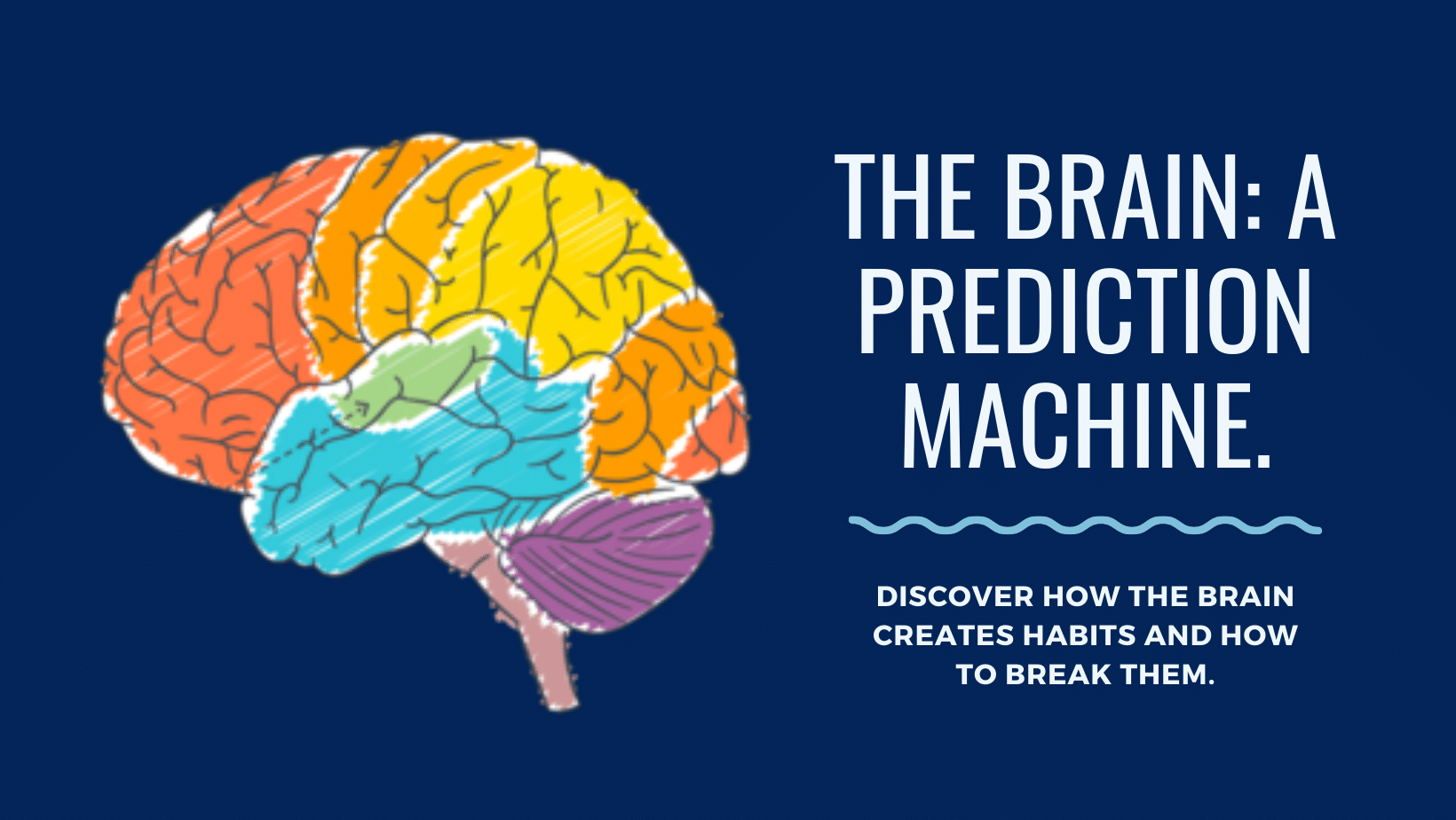Contents
Introduction
For most of us, exams bring a picture of sleepless nights filled with endless notes and last-minute cramming. The struggle to recall what we’ve studied before has been too real. I wish I had known some of the study hacks we’ll talk about in this article when I was preparing. Exam prep can be much less stressful and more fun with the right study techniques. A few smart study hacks can help us study with ease and even enjoy the process. Whether you’re gearing up for an important exam or just want to enhance your study skills, we’re here to share some useful tips. Let’s work together to make studying easier and more enjoyable by exploring simple study hacks!

Importance of Exam Preparation with Simple Study Hacks
Your exam results are a reflection of your understanding of the subjects. They reflect your grasp of the material. Good exam prep builds confidence by turning knowledge into understanding. A well-prepared and learned person also learns discipline and resilience. These are vital life skills that are essential far beyond the classroom. Exam prep teaches you time management and affects your retention, focus, and motivation. These exam tips and study hacks will help you cultivate critical skills of analysis, critique, and information synthesis, all of which are crucial for academic success.
Effective Study Hacks: The Foundation of Exam Success
All study strategies aren’t created equal. To maximize productivity, you must learn the right study techniques and exam preparation strategies. Your test prep must align with your learning goals.
- The Feynman Technique: Mastering Concepts Through Teaching: Teaching is one of the best ways to solidify complex concepts and assist in learning. The Feynman Technique urges you to explain complex ideas in the simplest terms as if teaching someone who is unfamiliar. This technique will push you to simplify complex ideas. When you study a complex idea, try to simplify it. Use your own words as if you were teaching it to someone else. It will help you spot gaps in your knowledge and improve your learning.
- Add a little “spaced repetition” to your learning: Cramming might sound like a good way to spend the night before your exam, but there are more effective long-term learning strategies. Spaced repetition is the practice of reviewing material at increasing intervals and is one of the critical study hacks. This helps it move from short-term to long-term memory. One example is to review vocabulary over a series of days, spacing out those reviews more and more. This spaced repetition helps transfer information to long-term memory. It makes it easier to recall during final exams.
- Active Recall: Testing Yourself Is the Secret to Long-Term Memory: Active recall is the study method that requires you to recall information from memory instead of just re-reading it. This technique is great for retention since it makes your brain work hard to make connections between items. Suppose you are preparing for a history test. Instead of just reading your notes, close the book. Then, write everything you recall about a certain event, like why World War I began. Compare it with your notes and check what you correctly remembered and where the gaps in your knowledge are. Once you get in the habit of testing yourself regularly, it will strengthen your memory. You will be more likely to recall that information on exam day.
- Chunking — Divide information ergonomically: Chunking is a study strategy of breaking down large parts of information into smaller, more manageable chunks. Chunking is also a powerful speed-reading technique. It involves grouping words or information into “chunks” to improve reading speed and comprehension. Chunking lets you read multiple words or phrases at once. This speeds up reading and improves retention. It’s especially helpful when learning complicated things. As there are many details to learn, all the individual details are taken one at a time. Gradually, these chunks will be connected to arrive at the full picture of the concept to ensure full understanding.
- Interleaving is the other half of the puzzle for accelerated learning: Interleaving means dedicating a single study session to many topics from different subjects. This approach may seem challenging, but it actually leads to better retention and problem-solving. Instead of studying one subject, all study sessions alternate between two or more subjects. It helps your mind remember different kinds of information. This boosts your understanding and ability to apply concepts in different contexts.
How the brain learns and remembers.
Knowing how your brain processes and stores information can help you study better and apply these study hacks more effectively. Learning is a process of change in the brain. Science has shown that it strengthens and weakens connections among nerve cells (neurons) to create circuits. When you learn something new, your brain forms new connections. The more you practice or review that information, the stronger those connections become, making it easier to recall.
For example, recall how you remember the way to your home. It took you a couple of hours to travel it the first time — following your landmarks and directions. After travelling the same path a few times, you no longer need to think about it. Your brain has made strong connections, so navigation is almost automatic. Like with learning — the more you study and review a piece of information, the stronger that memory connection gets. This is why spaced repetition and active recall are so effective and simple study hacks. They help strengthen neural connections. This makes it easier to recall the information when needed.
Active and Passive Learning: Working with the learning material is a simple study hack
It’s important to consider not only what you’re learning but also how you’re learning it. Decades of research show us that active learning is far better than passive learning. In active learning, students actively engage with the material. In passive learning, they just absorb information. Thus, active learning is a simple study hack to improve learning.
Active learning means applying what you’ve learned. It includes discussions, hands-on projects, and problem-solving tasks. For example, you can read about science all day long, or you can do an experiment to see that scientific concept in action. This involvement contributes to strengthening your understanding and makes learning a fun revelation.
Passive learning, on the other hand, is listening to a lecture or reading a textbook with no interaction. While this is effective for learning something new, it does not help you remember it long-term. By incorporating more active learning into your study, you can improve your understanding and recall of the material.
How to Create a Study Plan That Works
Making a study plan is key to exam success. It keeps you organized, helps you manage time, and ensures you cover all the material before the exam.

- Analyze Your Learning Style: Understanding your learning style is vital for a good study plan. Some students learn better in the morning, others at night. Identify when you’re most alert. Then, schedule your study time accordingly. Night owls should study in the evening. Morning people should start their day by studying.
- Test Your Commitments: First, look at your schedule. Find activities that might cut into your study time, like clubs, jobs, or family duties. Then, see how much free time you have. Plan your study sessions around these activities. This way, you can prepare for exams without stress.
- Set realistic goals: It is important to set goals that we can realistically meet in order to stay on course and avoid burnout. Divide your study time by a specific task, like reading a chapter or solving problems. By focusing on one task at a time, you can make steady progress without feeling overwhelmed.
- Make study time a routine: The more you stick to your study routine, the easier it gets. Aim to study at the same time daily. This builds it into your routine. For instance, if you have sports in the afternoon, study in the evening. Consistency trains your brain to link that time with learning. This makes it easier to focus and get into study mode.
- Plan Your Breaks: Taking breaks is vital for focus and preventing burnout. The Pomodoro Technique is effective: study for 25 minutes, then take a 5-minute break. During breaks, do something different. Stretch, take a walk, or grab a snack. This helps you refresh for the next session.
The Best Note-Taking Techniques
Taking good notes is crucial for studying well and is a simple study hack. Here are some tips to enhance your notes and study sessions:
- Outlining Method: Start with the main idea, then add details. This helps to see how ideas connect.
- Mapping Method: Create diagrams to show links between concepts. It’s great for subjects like history and science.
- Cornell Method: Divide your page into three sections: notes, key points, and summary. This aids in the review.
- Boxing Method: Put each topic in its own box. This makes it easier to see the big picture.
- Charting Method: Use tables to organize notes. This helps in comparing and summarizing information.
Final Exam Study Tips, Preparation, and Mindset
As the exam date nears, refine your prep and stay positive.

- Prioritize your study time: Focus on the subjects you find hardest and the most crucial ones for the exam. This ensures you’re ready for the key parts.
- Avoid Distractions: Create a study space with minimal distractions. Turn off your phone, find a quiet spot, and gather your materials first. Focused studying is more effective.
- Get plenty of rest: Don’t underestimate the importance of a good night’s sleep before an exam. Sleep is vital for memory consolidation. So, make sure to rest enough. Even if you feel the urge to stay up late cramming, getting enough sleep will do more for your performance than an extra hour of studying.
- Prioritize Your Health: Your health affects your exam success. A healthy body helps you learn, remember, and perform. Eat a balanced diet with fruits, vegetables, lean proteins, and whole grains. Avoid too much caffeine and sugar. Instead, drink water, herbal teas, or fresh fruit juices. Don’t skip meals, especially breakfast.
- Practice positive self-talk and visualization: Consider practicing positive self-talk before the exam to improve overall confidence. Maybe remind yourself that you are ready and have prepared well for the exam. Visualization techniques can help reduce anxiety and improve focus. They involve imagining yourself relaxed and able to answer questions without getting nervous.
Beyond Study Hacks: Exam Day Strategies: Before, During, and After
Exam day can be stressful, but with the right strategies, you can navigate it with confidence and ease. Here’s a guide to help you before, during, and after the exam.
Before the Exam
- Eat a healthy breakfast to fuel your focus and performance.
- Review your notes briefly, but don’t cram. A clear mind is more important than last-minute details.
- Bring the needed materials, like pens, pencils, and a calculator.
- Arrive early to settle in and relax before the exam.
During the Exam
- Read the instructions and understand the format.
- Plan your time for each section or question.
- Start with what you know best to build confidence.
- If a question is difficult, skip it and come back later.
After the exam
- Take a deep breath and relax after the exam. You did your best.
- Don’t dwell on what could’ve been different. Focus on what you can control, like preparing for the next exam or enjoying your free time.
- Exams are just one part of your journey. They don’t define you. Learn from each experience and move forward.
Reflect, Adapt, and Grow Beyond the Exam

- Exams are for growth and learning. Reflect on your performance to gain insights.
- After the exam, think about what worked and what didn’t. Identify areas for improvement and adapt your strategies.
- Practice with timed mock tests if you struggled with time management. Try mnemonic devices or flashcards if you had trouble remembering facts.
- Remember, it’s about progress, not perfection. Each exam helps you become a better learner.
- Celebrate your efforts, regardless of the outcome. You’ve worked hard and learned a lot.
Conclusion
Exams don’t have to be a source of stress and anxiety. These proven study hacks and exam tricks can make your study sessions better. Your study sessions should be more productive and less overwhelming. Remember, it’s not about studying harder but smarter. Test strategies to find what works best for you, stick to your study plan and believe in your ability to succeed. With the right approach, you can ace your dream exam and achieve your academic goals. Good luck!








What if we approached exams as a spiritual journey? Each study hack, a step towards the enlightenment of the mind. Vishal, your article opens gates to such possibilities.
While I appreciate the emphasis on active learning, I’m curious about the empirical evidence supporting some of these techniques. Are there studies that show a significant improvement in retention?
imagine using all these study hacks just to ace an exam and forget everything the next day, classic college mode on.
I’m quite taken by the idea that understanding the brain’s learning process can enhance our memory. This interplay between neuroscience and education is fascinating.
so you’re telling me just by changing how i take notes and making a study plan i’m supposed to suddenly do better in exams? seems legit.
oh great, another ‘final exam study tip’ article. as if we haven’t seen hundreds of those. what’s new here, huh?
The note-taking techniques caught my eye. I wonder if applying those methods could improve how I organize my writing and research.
study plans sounds good and all but who really has the time to make one and then actually follow it? feels like too much work just to start studying.
Absolutely loved the section on active learning, Vishal! It’s so important to engage with the material rather than just read it passively. Gonna try applying this to my studies for sure.
hey vishal, was reading ur piece on study hacks, got me thinking, how does all this brain learning stuff really help in the tech world? feels like we need more practical tips, no?
I think AaravTechie’s got a point. Would love to see something more geared towards our coding exams.
Understanding the science of learning can help you optimize your study habits, even for coding. It’s about how you apply the knowledge.
Very nice ..
Sir, I’m really thankful to you for writing this blog. It will help me as a guardian in guiding my children for their exam preparation.
I am glad that you found this useful.:-)
In this blog, the most important part for me is the way you elaborated on the note-taking method, Sir. Hope this will really simplify the hectic method.
Thank you Sir.🙏
Thank you. More detailed articles on this will follow. In the meantime, you can also check:-
https://www.hillyreviews.com/how-to-take-smart-notes/
Oh this will definitely gonna help me change my approach as i am going to sit in my neet examination…
All the best!